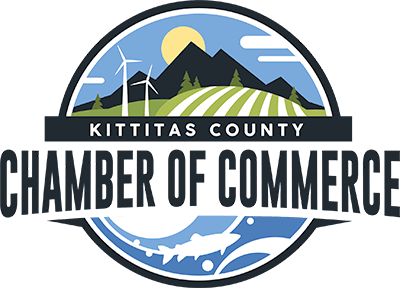Government Affairs
The role of the Kittitas County Chamber of Commerce is to maintain relationships with city, county, and state officials, while providing information and instruction to members on ordinance changes.
2025 General Candidates

The 2025 Kittitas County General Candidate Forum was hosted by the Kittitas County Chamber of Commerce and the League of Women Voters Kittitas County on Thursday, October 23, 2025 at the Kittitas Valley Event Center.
District/Race featured in this video:
City of Ellensburg/ Council Position 1
City of Ellensburg/ Council Position 2
Ellensburg School District 401/ Position 3
Hospital District 1/Commissioner 1
*Please note: If one candidate from a race is unavailable to participate in the forum we do not host their opponents at the event.
For complete candidate information, please visit: https://www.co.kittitas.wa.us/auditor/elections
YOUR VOTE MATTERS | GENERAL ELECTION CLOSES: NOVEMBER 4
